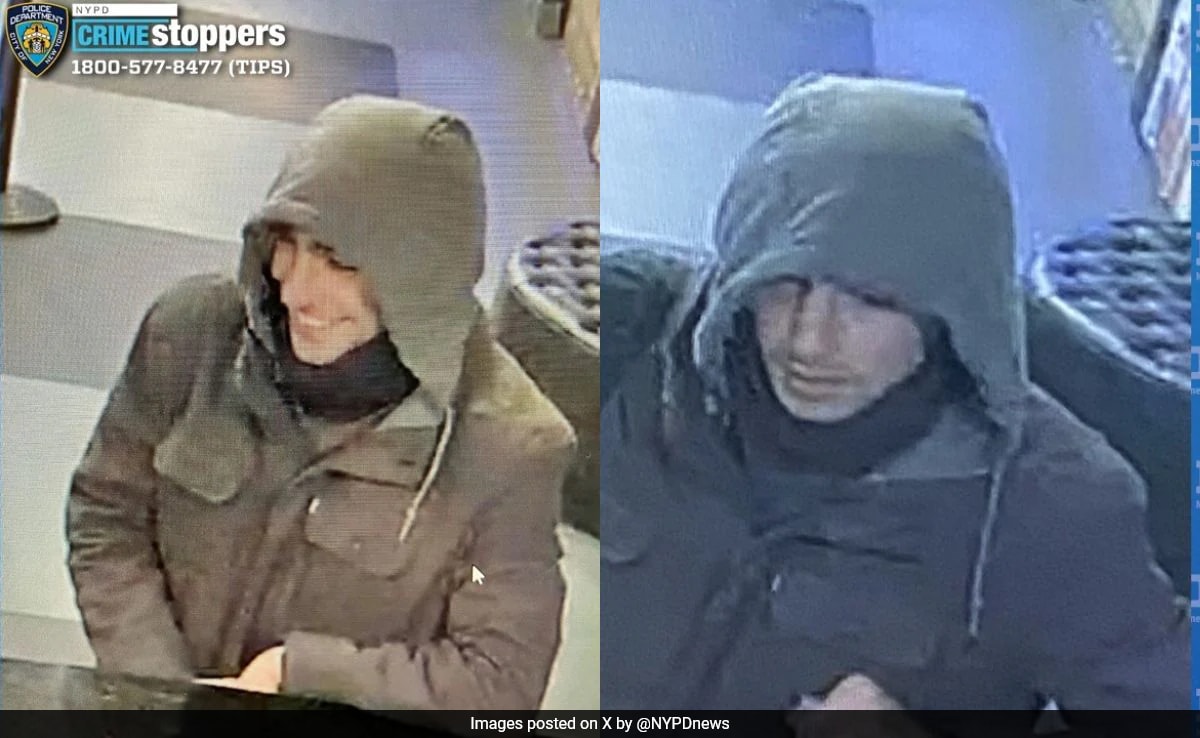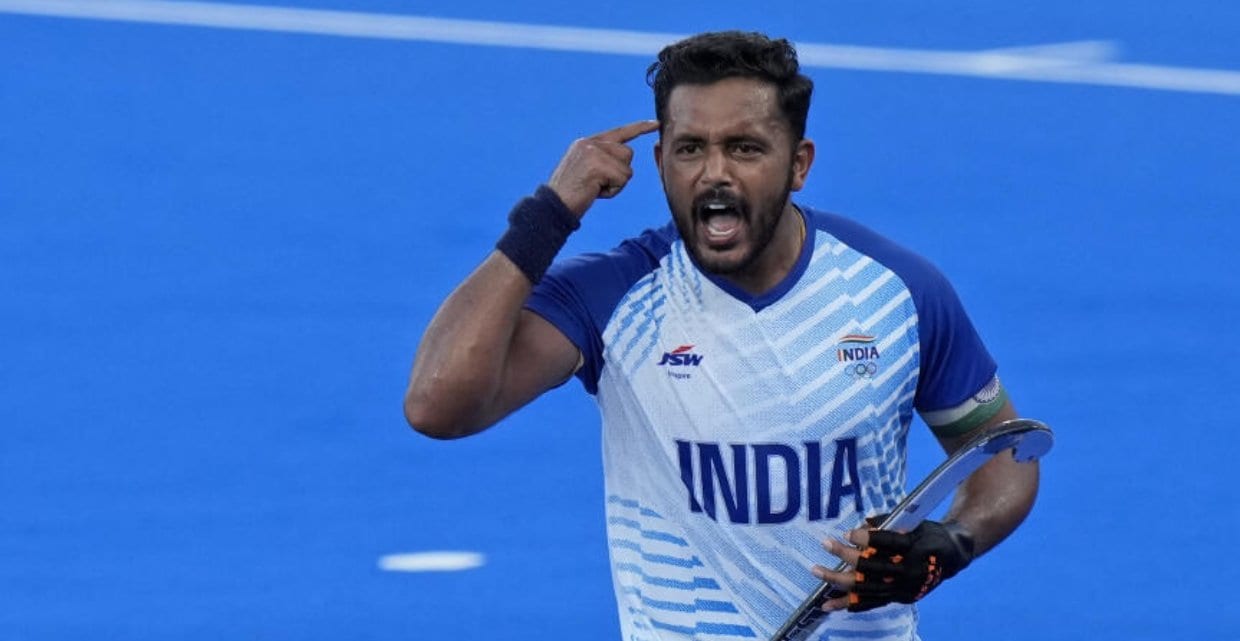Ahmedabad:
The increasing use of divisive rhetoric based on religion, caste and ethnicity poses a major challenge to the constitutional ideal of fraternity as well as the sense of unity in the country, Supreme Court judge Justice Prashant Kumar Mishra has said.
He was speaking on the theme of ‘Fraternity: Spirit of the Constitution’ at a national council meeting of the Akhil Bharatiya Adhivakta Parishad, a lawyers’ organisation, at Vadtal in Gujarat’s Kheda district.
The use of identity politics for votes by politicians can deepen social divisions, he warned. Divisive ideologies, growing economic inequality and social injustice are major threats to the spirit of brotherhood, and upholding fraternity is a “shared responsibility” of common citizens, institutions as well as leaders, Justice Mishra said.
Among the ideals of liberty, equality, and justice, fraternity shines as the unifying thread that binds the fabric of our democratic society, and without fraternity, the other ideals remain fragile, “like a tripod missing a crucial leg,” he said.
“A major challenge to fraternity is the increasing use of divisive rhetoric based on religion, caste and ethnicity. When individuals or groups promote narratives that pit one community against another, it weakens the sense of unity envisioned by the Constitution,” Justice Mishra said.
Identity politics, while sometimes empowering marginalised groups, can become harmful when it focuses solely on narrow group interests at the expense of common good, often resulting in “exclusion, discrimination, and conflict,” he said.
“Divisive rhetoric creates mistrust among communities, leading to the spread of stereotypes and misunderstandings. These tensions can escalate into social unrest. Moreover, when political leaders use social identities for electoral gains, it deepens these divisions, making it harder to build a collective sense of belonging,” the judge added.
Digital technology and social media have often been misused to spread hate speech, misinformation and divisive content, Justice Mishra observed.
“These challenges to safeguarding fraternity highlight the importance of collective efforts in addressing these issues. Overcoming divisive rhetoric, bridging economic disparities, and harnessing technology responsibly require active participation from every segment of society,” he noted.
“When we live by the principle of fraternity, we ensure that the values of justice, equality and freedom endure for generations to come. However, the responsibility to uphold fraternity does not rest on any single individual or group. It is a shared responsibility that involves every citizen, institution, and leader in society,” he said.
Justice Mishra also called for a “multi-faceted approach” to promote fraternity effectively, involving collaborative efforts of lawmakers, civil society and technology.
“Laws should be crafted not just to protect rights but to ensure social cohesion and address systemic inequalities. By prioritising these values, the legal framework of the nation can provide the foundation for a society built on fraternity,” he said.
The judiciary must play a proactive role in safeguarding the principles of fraternity, the judge further said.
“We can prioritise mediation and reconciliation where appropriate, write judgments that are not only legally sound but also explained in accessible language, and ensure that court procedures themselves reflect fraternal values,” he said.
(Except for the headline, this story has not been edited by NDTV staff and is published from a syndicated feed.)


















